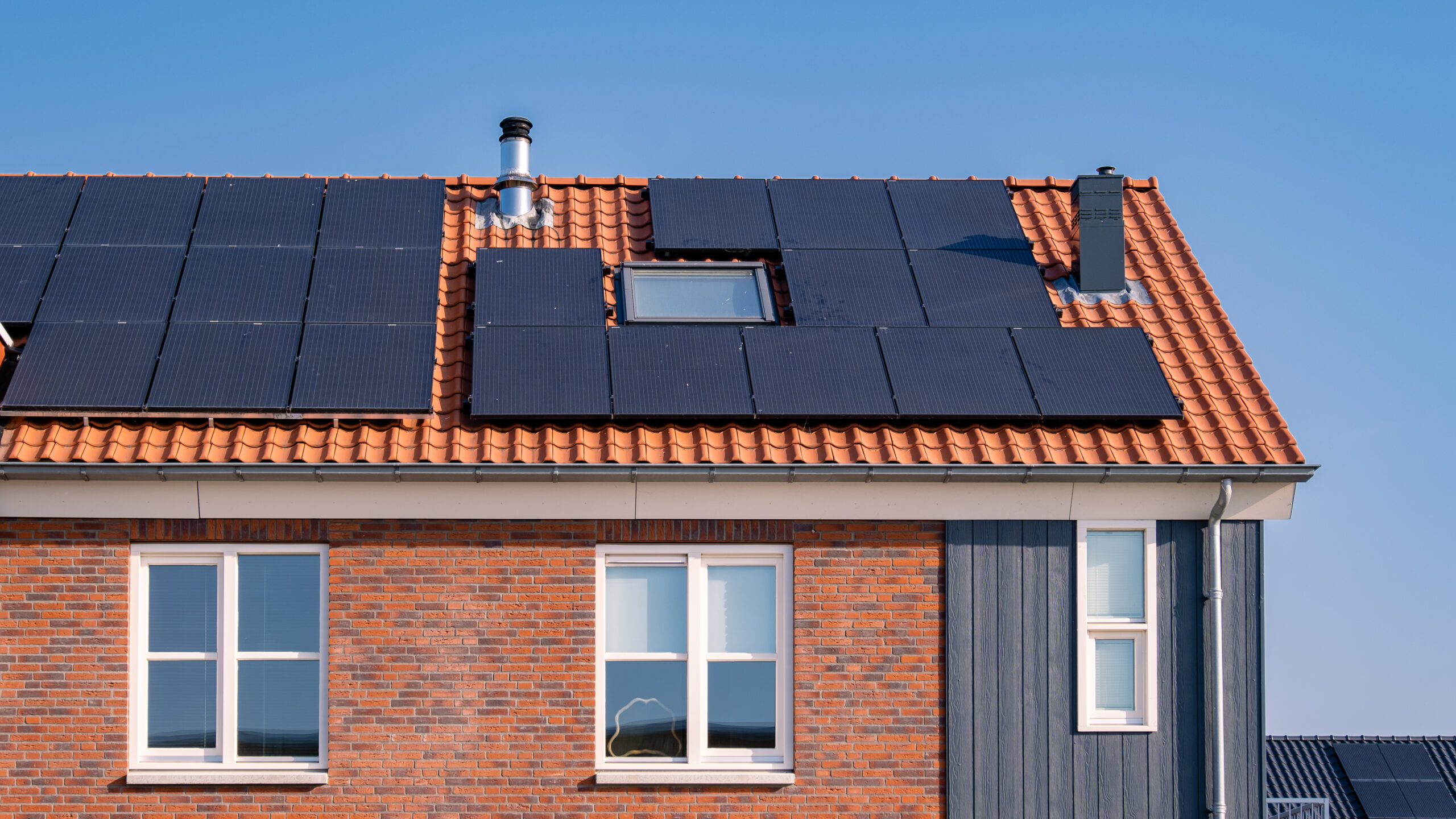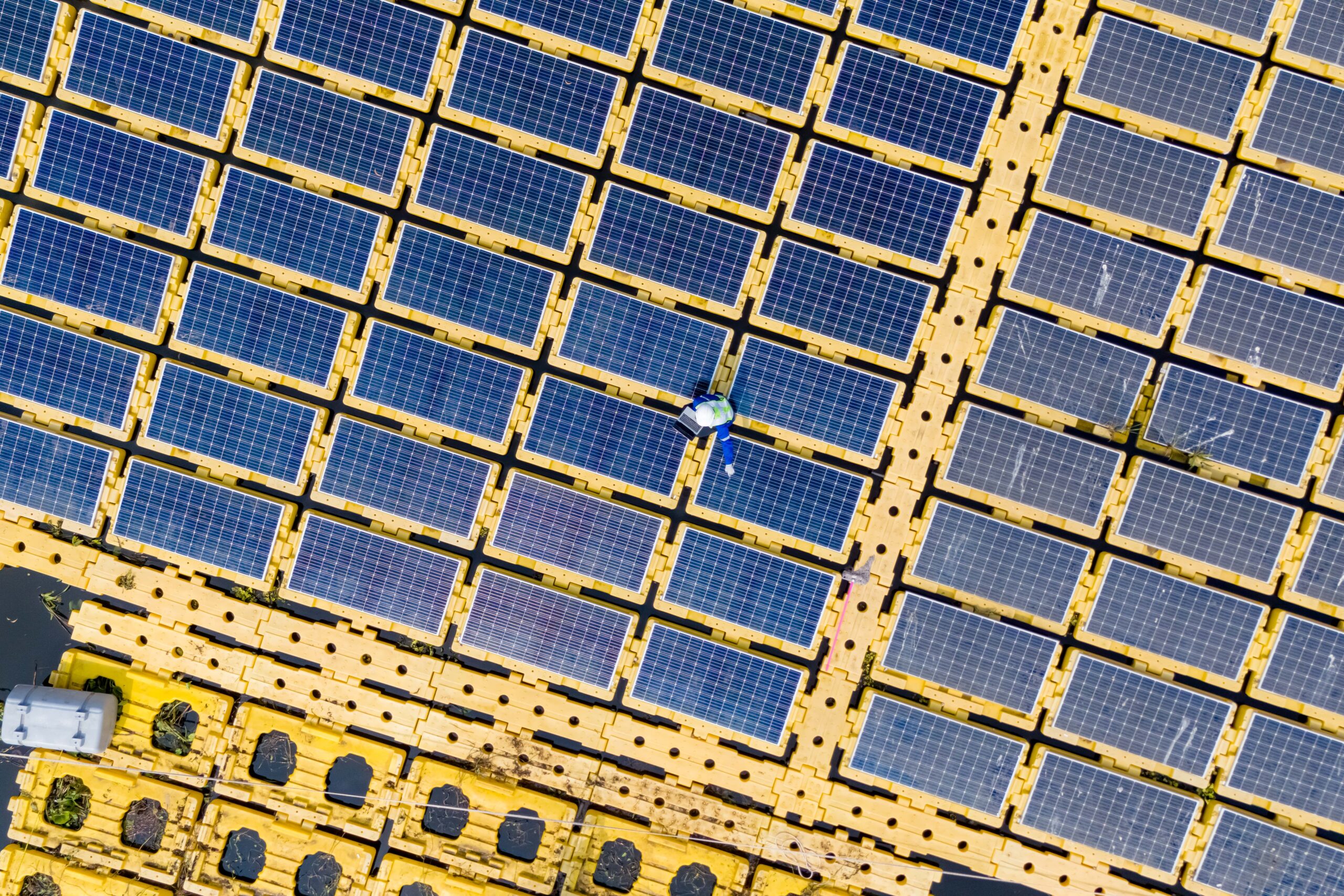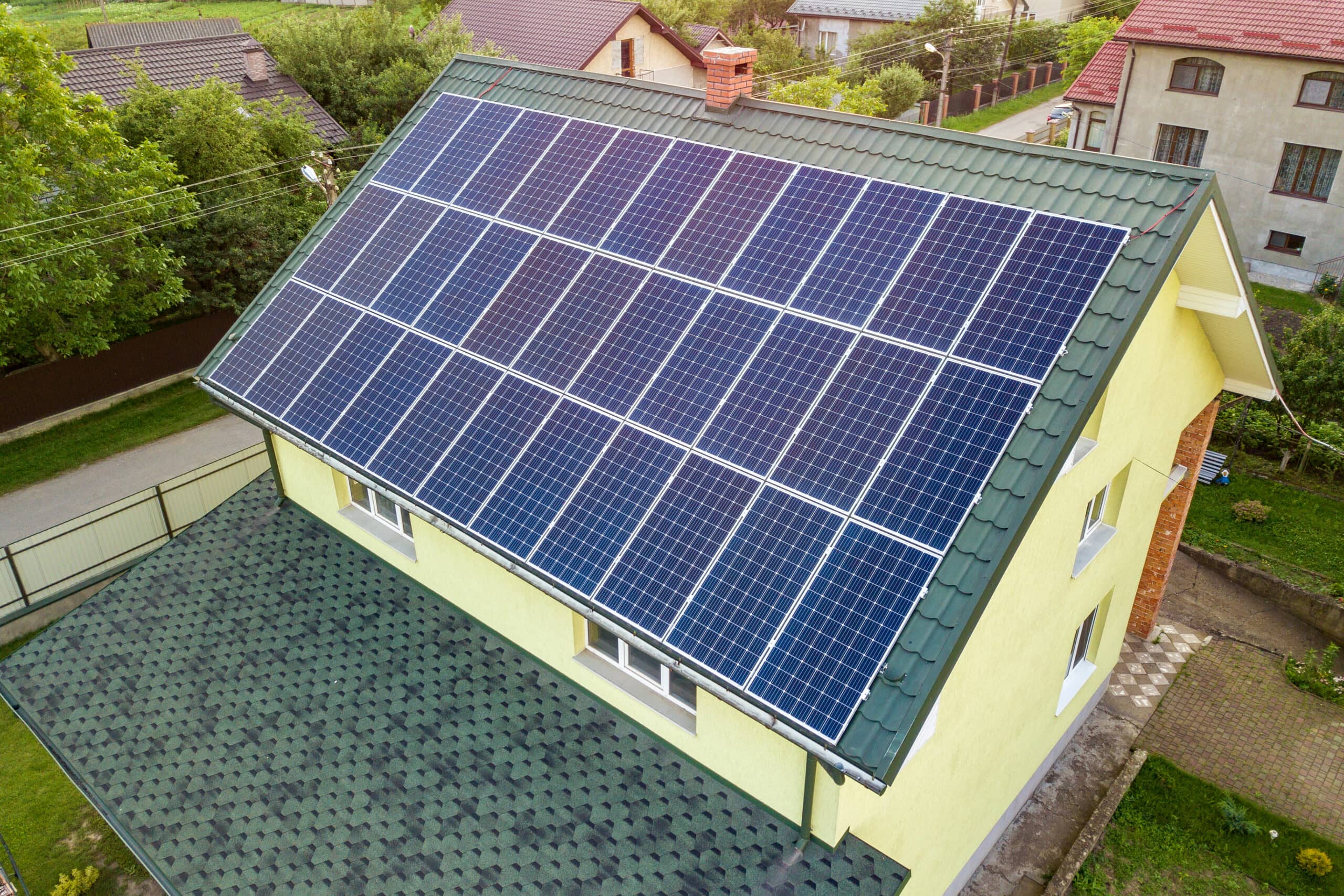As interest in renewable energy sources continues to rise, the affordability and accessibility of solar panels in Canada are becoming increasingly important topics. The cost of solar panels in Canada can vary based on multiple factors, including the type of panels chosen, installation expenses, and available incentives. Recognizing the financial implications of investing in solar energy is crucial for individuals and businesses aiming to embrace sustainable practices while also considering the long-term economic benefits.
Solar Panel Costs in Canada
In Canada, the cost of solar panels can vary depending on various factors, such as the size of the solar system, the type of panels chosen, and installation complexity, which all contribute to determining the overall cost.
For example, a typical residential solar system in Canada could cost from $10,000 to $20,000 for a 5 kW system. Larger systems, such as a 10 kW system, might cost between $20,000 and $40,000. Commercial or industrial systems, like a 100 kW system, could cost from $100,000 to $200,000 or more.
Factors like system size, panel efficiency, and installation requirements influence these costs. Panel efficiency affects how much sunlight is converted into electricity, impacting overall system performance and cost-effectiveness. Installation requirements, such as roof type and shading, can also influence the total cost of a solar panel installation in Canada.
These costs can vary across different regions of Canada due to factors like local regulations, sunlight exposure, and demand for solar energy. It’s essential for individuals or businesses considering solar panel installations in Canada to assess these factors to determine the most suitable and cost-effective options for their specific location.
Solar Incentives and Rebates in Canada
In Canada, several government incentives and rebates can help make solar panel installations more affordable for residents. One key program is the Federal Solar Investment Tax Credit (ITC), which provides a tax credit to offset a portion of the installation costs for solar energy systems. This incentive reduces the initial expenses associated with setting up solar panels.
Moreover, Canadian provinces offer unique incentives and rebates to promote the adoption of solar energy. These provincial programs can include rebates, tax credits, net metering initiatives, and grants to lower the overall cost of solar panel installations. Each province tailors its incentives to align with its energy objectives and environmental goals.
In addition to the Federal Solar Investment Tax Credit and provincial programs,The Government of Canada’s Indigenous Off-Diesel Initiative is another notable initiative. This program aims to support Indigenous communities in implementing renewable energy projects, including solar panel installations. By providing funding and technical assistance, it helps Indigenous communities access clean energy solutions and reduce their reliance on traditional power sources.
Exploring these diverse incentives and programs available at the federal and provincial levels can significantly benefit individuals and communities looking to invest in solar energy across different regions of Canada.
As you consider your options for renewable energy, it is essential to explore the incentives and programs available in your specific location. By leveraging the incentives provided by their respective governments and understanding the long-term savings and environmental advantages of solar energy, individuals can make informed decisions that align with their financial and sustainability goals. Investing in solar panels contributes to a greener future and offers a practical and cost-effective solution to energy needs.




